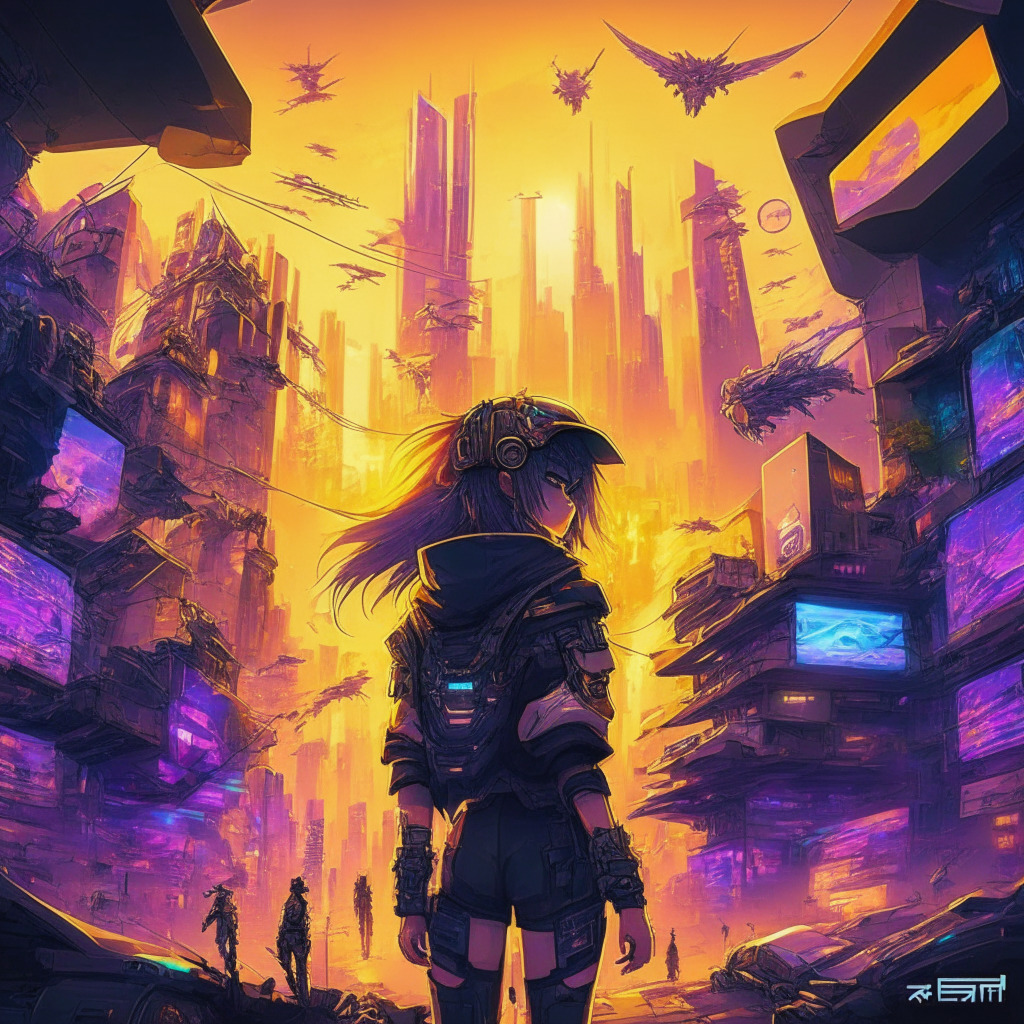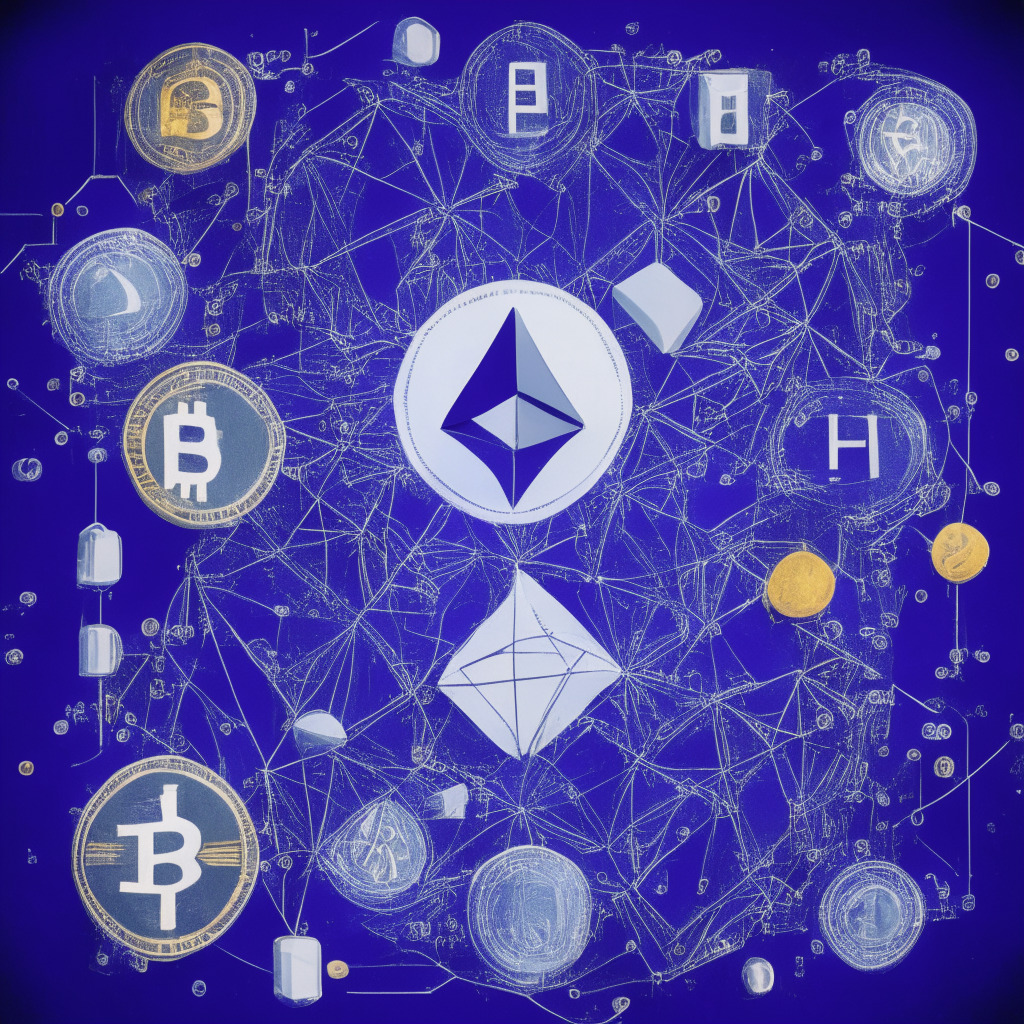As the gaming world shifts from traditional formats to ones incorporating Web3 technologies, major game studios are embracing blockchain networks, cryptocurrency, and NFTs to meet the evolving demand. The majority of these studios are based in Asia, which has set the pace for the push into blockchain gaming.
One key player in this space is Japanese studio Square Enix, creators of well-known titles like Final Fantasy and Kingdom Hearts. Square Enix has been exploring NFT video games since 2019 and has recently focused its efforts in this area by selling off its Tomb Raider IP and three studios to finance its work on blockchain and AI R&D. The studio’s upcoming release, Symbiogenesis, represents a significant milestone as an NFT game built on the Ethereum sidechain network Polygon.
Another Asian giant, South Korea-based Nexon, is developing a new MapleStory game called MapleStory Universe that utilizes Polygon NFTs. With the original MapleStory games having amassed over 260 million players and earning $4 billion for the publisher, their new offering presents a fascinating intersection of nostalgia and cutting-edge tech.
Joining the South Korean gaming industry’s foray into blockchain is Krafton, publisher of the hugely popular PUBG series. Krafton plans to launch an NFT-enabled metaverse game with a working title Migaloo, allowing players to create and earn digital assets. This venture combines the ingenuity of Krafton and tech company Naver Z to develop and release Migaloo later this year.
However, not all innovations in the space are happening solely within Asia. American gaming company Zynga, known for its casual gaming hits like Farmville and Words With Friends, has been developing NFT games as a way to “future-proof” its business. Zynga’s parent company, Take-Two Interactive, CEO Strauss Zelnick, has spoken of the vast opportunities within the Web3 world, and this investment shows their dedication to embracing cutting-edge developments.
In stark contrast to these developments, game publisher Ubisoft, which released NFTs for their Tom Clancy game, faced significant backlash from gamers. Despite the surge in popularity for NFTs, there still exists skepticism and resistance among players when it comes to integrating digital collectibles into their gaming experience.
With multiple gaming giants forging their paths through Web3, it is evident the future of gaming is leaning towards blockchain networks and cryptocurrencies. However, whether these endeavors will successfully bridge the divide between gamers and the decentralized space remains to be seen.
Source: Decrypt




